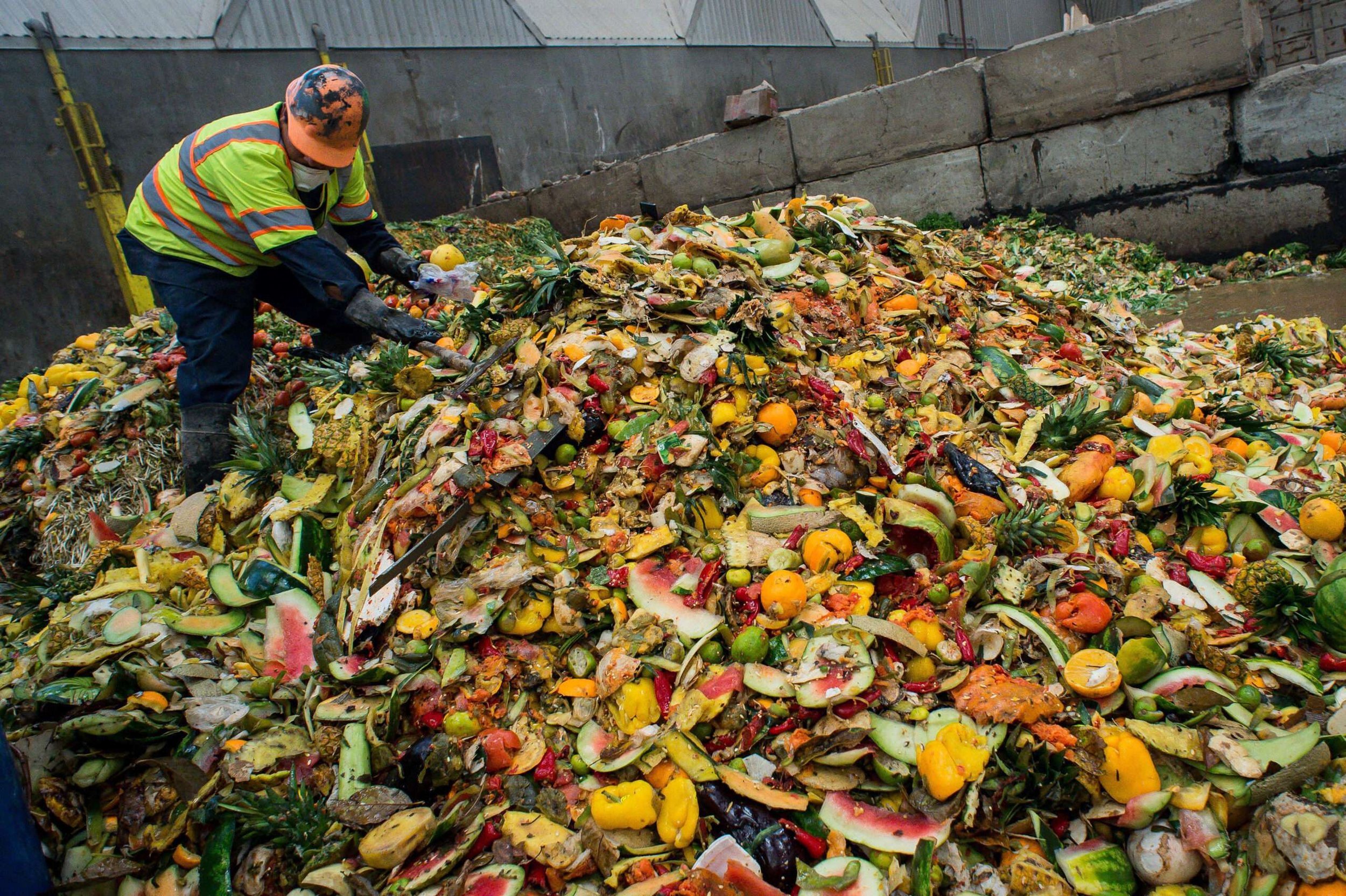Food Waste in America
We’ve all seen the headlines: food waste has become a growing problem in America. A shocking 30-40% of the food supply goes uneaten each year. Why should we care about this? Not only is food waste inefficient and costly, but it also has significant environmental impacts and perpetuates food insecurity for many Americans.
One reason for food waste in America is due to the high standard of perfection for the appearance of food. Food that is aesthetically flawed or overstocked is often thrown away, even though it is still safe to eat. This process is hurting our communities, especially those in food deserts where food insecurity is a widespread challenge.
Another, even bigger, source of food waste is what we throw away at home. According to ReFED, residential food waste is actually the most significant contributor to what we send to landfills. Yes, even more than farms, food service, and grocery stores/retail. So what we do with our food waste at home actually has the greatest impact on our planet.
Not only does commercial and residential food waste contribute to food insecurity, but it also is environmentally harmful, contributing to 8% of greenhouse gas emissions globally. This is because when food waste goes to landfills, it produces methane, a greenhouse gas that has more than 80 times the warming power of carbon dioxide. To put this in perspective, the food waste generated in America has a larger carbon footprint than that of the airline industry!
All this seems bleak and defeating. But good news is that there are easy things that all of us can do to help combat this problem.
Redirect
There are organizations and apps that exist to help redirect surplus food to food banks and shelters or to paying customers, who don’t mind that their carrots are a little misshapen or who want discounts to local restaurants (check out Imperfect Foods or Too Good To Go!)
Be Mindful
While life can get hectic, being mindful about your grocery trips, proper storage for your food, and expiration dates are easy ways to help decrease your personal food waste and carbon footprint.
Compost
Composting is an effective way to divert food waste away from landfills and into nutrient-rich soil. While some cities and states have municipality-funded composting programs that make it free to compost, most don’t. Check out local composting options in your area to see what is the best solution for you!
While food waste is a significant problem in America, there are simple steps that all of us can take to make a difference. By doing our part, we can collectively help reduce food waste and create a more sustainable and equitable food system for us all.
Interested in learning more about a compost solution, specifically designed for urban-dwellers in high-rise buildings? Check out Demi's homepage to see if our solution is a fit for you & your building!

